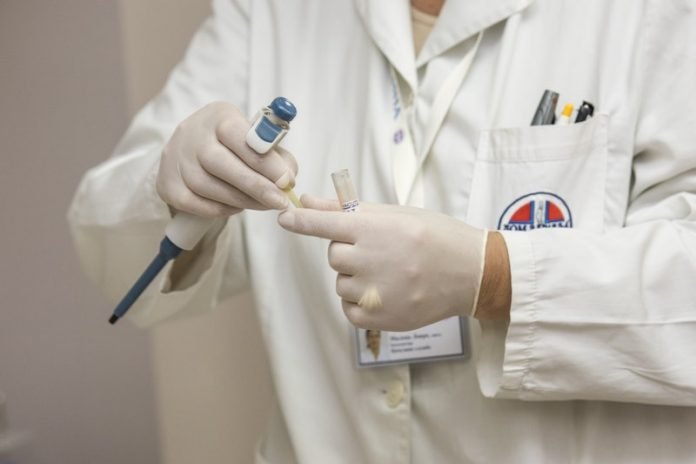
In a recent study at the Miguel Hernández University and elsewhere, researchers found a cellular therapy tested on 13 patients with ventilation was efficient for reducing the death rate of COVID-19.
They found that this advanced treatment could decrease the death rates of critical patients with coronavirus from 85% to 15%.
This advanced therapy is based on stem cells with regenerative, anti-inflammatory, and immunoregulating properties, and it is the first cell therapy for COVID-19 entirely developed and produced in Spain.
The study is published in EClinical Medicine. One author is professor Damián García-Olmo.
In the study, critical COVID-19 patients were treated who did not respond to conventional cellular therapy treatment, composed of allogeneic mesenchymal stromal cells, in doses of one million cells per kilo of weight, in one or several doses.
The results of its use in coronavirus patients admitted in ICUs were compared with the clinical evolution and mortality of similar cases.
According to the team, the new cellular therapy does not cause adverse reactions but does entail an overall clinical improvement.
The death rate of patients decreased from 70-85% to 15% (two patients).
A majority of people treated with cellular therapy were extubated during the data collecting period.
Their inflammation, coagulation, and tissue damage markers all decreased. Furthermore, it was verified that the drug did not decrease lymphocyte counts.
In fact, the results show that the new treatment increases the presence of T lymphocytes (which directly attack the virus) and B lymphocytes (which synthesize antibodies).
The researchers explain that cellular therapies, unlike other treatments, are “live drugs” and must be used by qualified medical staff.
Knowledge of the biological foundations of these treatments, as well as of the physiology of the interaction between the drug and the host, are essential for their appropriate handling.
Copyright © 2020 Knowridge Science Report. All rights reserved.



